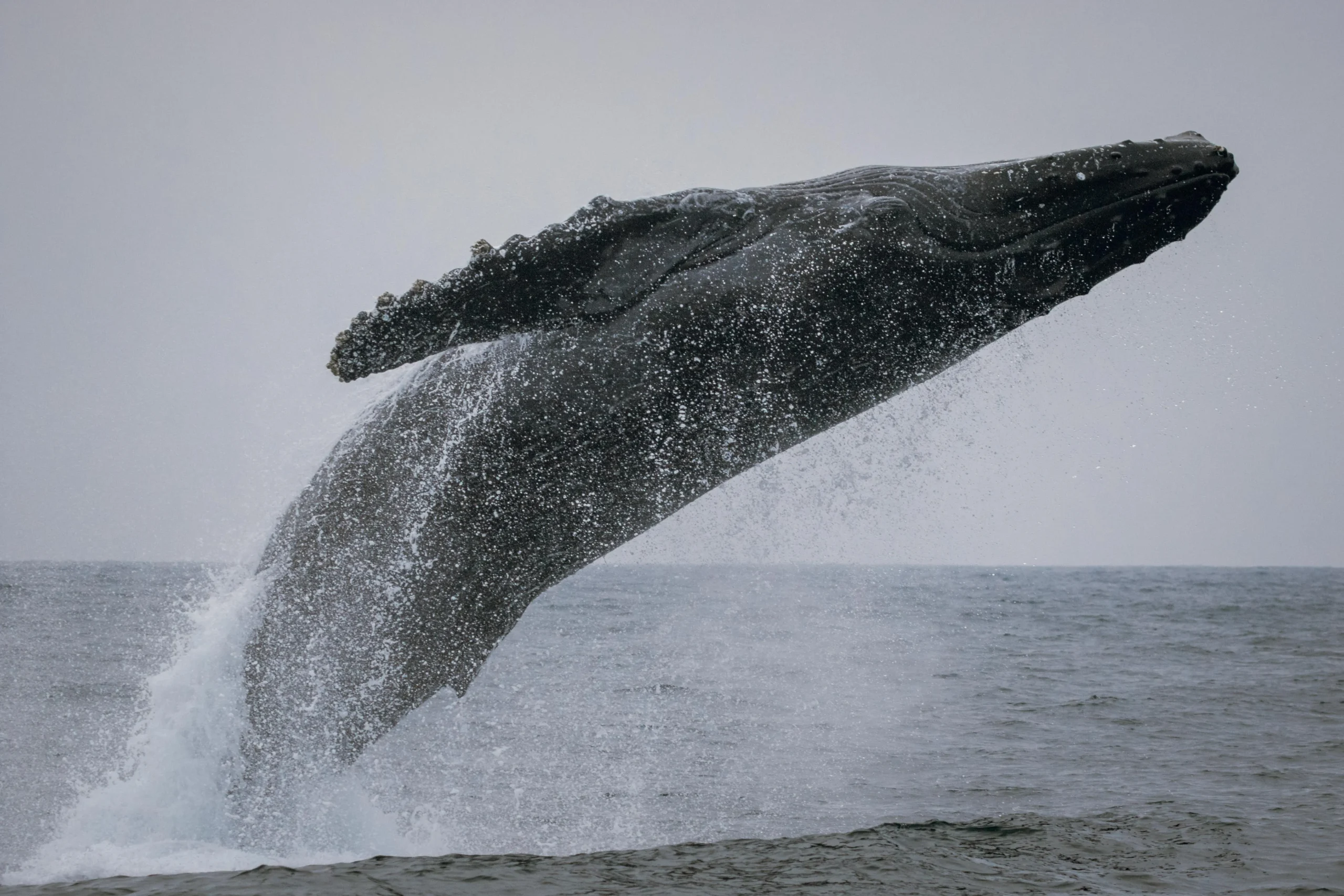Whales in Crisis: The Shocking Truth Behind America’s Endangered Giants
In the vast blue expanses of the world’s oceans, a critical environmental drama is unfolding. America’s whale populations are facing an unprecedented crisis that threatens not just these magnificent marine mammals, but the entire ocean ecosystem they support.
The discovery of the Rice’s Whale in 2021 brought unprecedented attention to the fragile state of whale populations in U.S. waters. This newly described species, found exclusively in the Gulf of Mexico, is already teetering on the brink of extinction, with fewer than 50 individuals estimated to remain in the wild.
“We’re witnessing a potential ecological catastrophe,” says Dr. Emily Rodriguez, marine biologist at the National Oceanic and Atmospheric Administration (NOAA). “These whales are not just animals; they’re critical indicators of ocean health.”
The Mounting Threats
Whales face a perfect storm of environmental challenges:
- Fishing Gear Entanglement: Thousands of whales die annually after becoming trapped in commercial fishing equipment.
- Ship Strikes: Increasing maritime traffic creates deadly collision risks for these massive marine mammals.
- Climate Change: Rapidly changing ocean conditions disrupt whale migration and food sources.
The North Atlantic Right Whale epitomizes this crisis. With only approximately 350 individuals remaining, this species has been endangered since 1970. Recent studies show these whales are not just declining in numbers but are actually shrinking in physical size – a troubling sign of ecosystem stress.
A Delicate Ecosystem Balance
Whales play a crucial role in marine ecosystems. They are essentially ocean gardeners, cycling nutrients and supporting complex food webs. Their decline represents more than just the loss of a single species – it threatens entire marine ecosystems.
Conservation efforts are gaining momentum. The Marine Mammal Protection Act and Endangered Species Act provide legal frameworks for protection. Government agencies and environmental organizations are implementing critical measures:
- Implementing ship speed restrictions in whale habitats
- Developing whale-safe fishing gear
- Supporting extensive research and monitoring programs
Public Engagement and Hope
Citizen science initiatives are emerging as a powerful tool in whale conservation. Ordinary people can now contribute to tracking and protecting these magnificent creatures, transforming public awareness into direct action.
“Every individual can make a difference,” explains marine conservationist Mark Thompson. “Whether it’s reporting whale sightings or supporting conservation organizations, public involvement is crucial.”
The Cultural Significance
Beyond ecological importance, whales hold profound cultural significance. Indigenous communities and coastal populations have long recognized these creatures as symbols of ocean interconnectedness and environmental balance.
Looking Forward
The future of America’s whales hangs in a delicate balance. Without immediate, comprehensive conservation strategies, several species face potential extinction within decades.
Researchers emphasize that hope remains. Increased funding, technological innovations, and growing public awareness provide potential pathways to recovery. The story of America’s whales is far from over – it’s a narrative of resilience, scientific discovery, and collective environmental responsibility.
Key Takeaways:
– Whale populations are critically endangered
– Multiple threats challenge their survival
– Public engagement is crucial for conservation
– Immediate action can prevent potential extinction
The ocean’s giants are sending us a message. Are we listening?
Note: This article is based on current scientific research and conservation reports, highlighting the urgent need for whale protection and environmental stewardship.






Leave a Comment